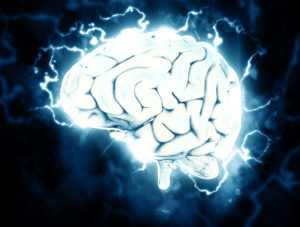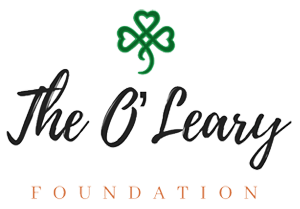- Heather Forrest
- Jun, 23, 2020
- Blog
- Comments Off on Abuse Among Disability Communities Part 2: TBI and Abuse
Traumatic Brain Injury, or TBI, is a common condition that often goes undiagnosed. It is defined by the Center for Disease Control as a disruption in the normal function of the brain, often caused by a bump to the head[i]. It can result in headaches, fatigue, memory loss or difficulty retaining new memories, insomnia, reduced mental processing speed, reduced attention span, difficulty thinking of the right words to communicate, and a host of other effects.
In recent years, athletes and veterans have called attention to the prevalence of TBI as a medical condition. Still, wider awareness is needed, particularly in situations involving domestic abuse. TBIs can be caused by abuse; they can also make people more vulnerable to abuse. Knowing what to look out for can make a difference in identifying a traumatic brain injury, treating and accommodating it, and protecting people who have it from being in greater danger.
If someone has lost consciousness from a blow to the head, then it is likely that they have suffered some sort of TBI, whether mild, moderate, or severe. One of the difficult parts of identifying a traumatic brain injury is that when a person has one, they are not always immediately aware of the changes that their own brain has undergone; it is often up to the people around them to pick up on differences in their memory, processing speed, or attention span.
An anonymous TBI survivor states: “Over a decade after my brain injury, I’m still not always aware of how it affects me. Because my memory is damaged, I blank out on the things I do that show that my injury is still present. I’m sometimes unaware of those behaviors until someone else points them out to me.” Because it can be difficult to assess the differences in your own brain, it is important to seek help, to talk to other people about what you are experiencing.
For someone who is experiencing abuse, a brain injury can be particularly dangerous. Partners of people with TBI are often their go-to person to help compensate for the memory issues and other effects. But if the partners are abusive, then that help can become toxic. Imagine if you saved your memories in a computer that had a virus which edited the things you type to reflect a different perspective on the memories—one that shifts the responsibility for things that go wrong away from the person who caused them and onto you.
Along with the cognitive effects of a traumatic brain injury, there are often emotional repercussions as well. Another TBI survivor describes it as “the death of my old self.” She elaborates, “I entered into a dark period of not having a strong sense of self. I was estranged by this cognitively compromised person I had become. It took time to patchwork together a new sense of self.” During a transitional time such as that, it is important to be surrounded by supportive people.
This is just one of the reasons why staying quiet is not an option. Some of the damages and risks of abuse might be physically observable, but other injuries are invisible, and show up in a person’s behavior. If you notice someone showing the cognitive or psychological signs of abuse, it is important to reach out and get help. Encourage them to call our 24-hour hotline at (269) 673-8700 or 888-411-7837, or reach out to us yourself for advice and resources.
Getting help after a TBI can include many things. Speech therapy, occupational therapy, physical therapy, and psychological therapy all help people with brain injuries get their lives on track. The Michigan Public Health Institute has compiled a guide to resources in the state, along with information and advice on how to find and access services. This guide can be found here: https://www.michigan.gov/documents/mdch/Michigan_Resource_Guide_V3_201402_7.pdf
Once a TBI has been identified and documented by medical professionals, the person who has it is often eligible for workplace or educational accommodations. This can mean having a quiet space to work or study, having extended time on deadlines, assigning a point person to help collect and remember important information, and flexible scheduling, to name just a few. Identifying a traumatic brain injury can help others understand the struggles that someone is facing, and to develop strategies to overcome those struggles.
It is difficult to estimate the prevalence of TBI because not everyone knows when they have one. But for anyone who has experienced violence, being aware of the existence of a traumatic brain injury and the effects to watch out for could mean a changed life.
Written by Anna Clements
Sylvia’s Blog
- Teen Dating Violence Awareness Month February 16, 2024
- National Stalking Awareness Month January 31, 2024
- The Clothesline Project October 28, 2023





